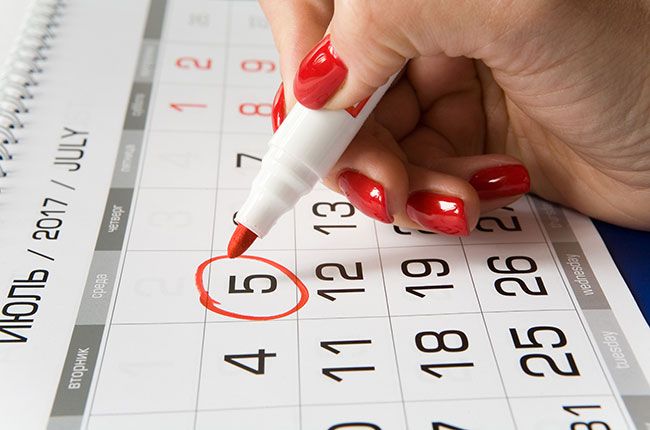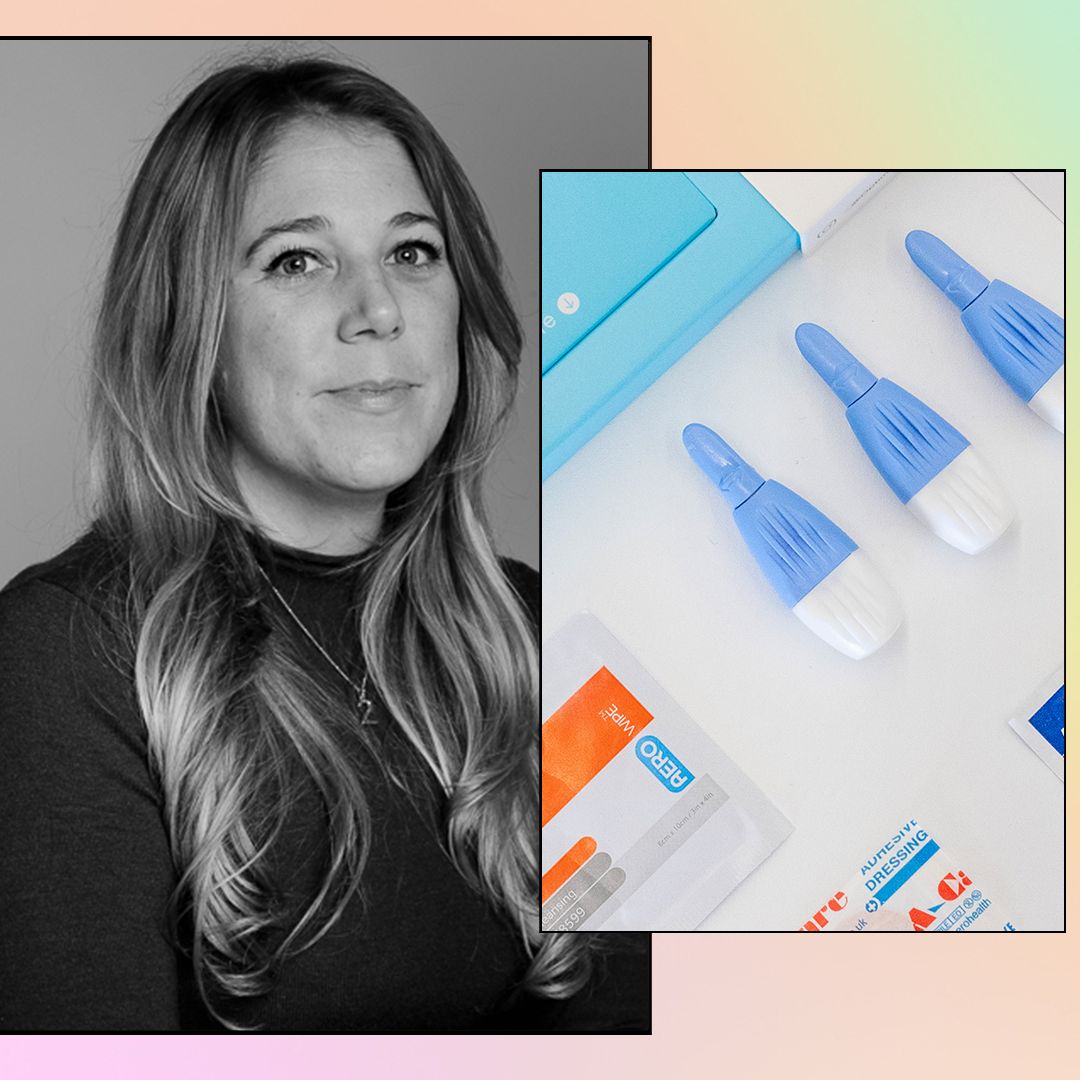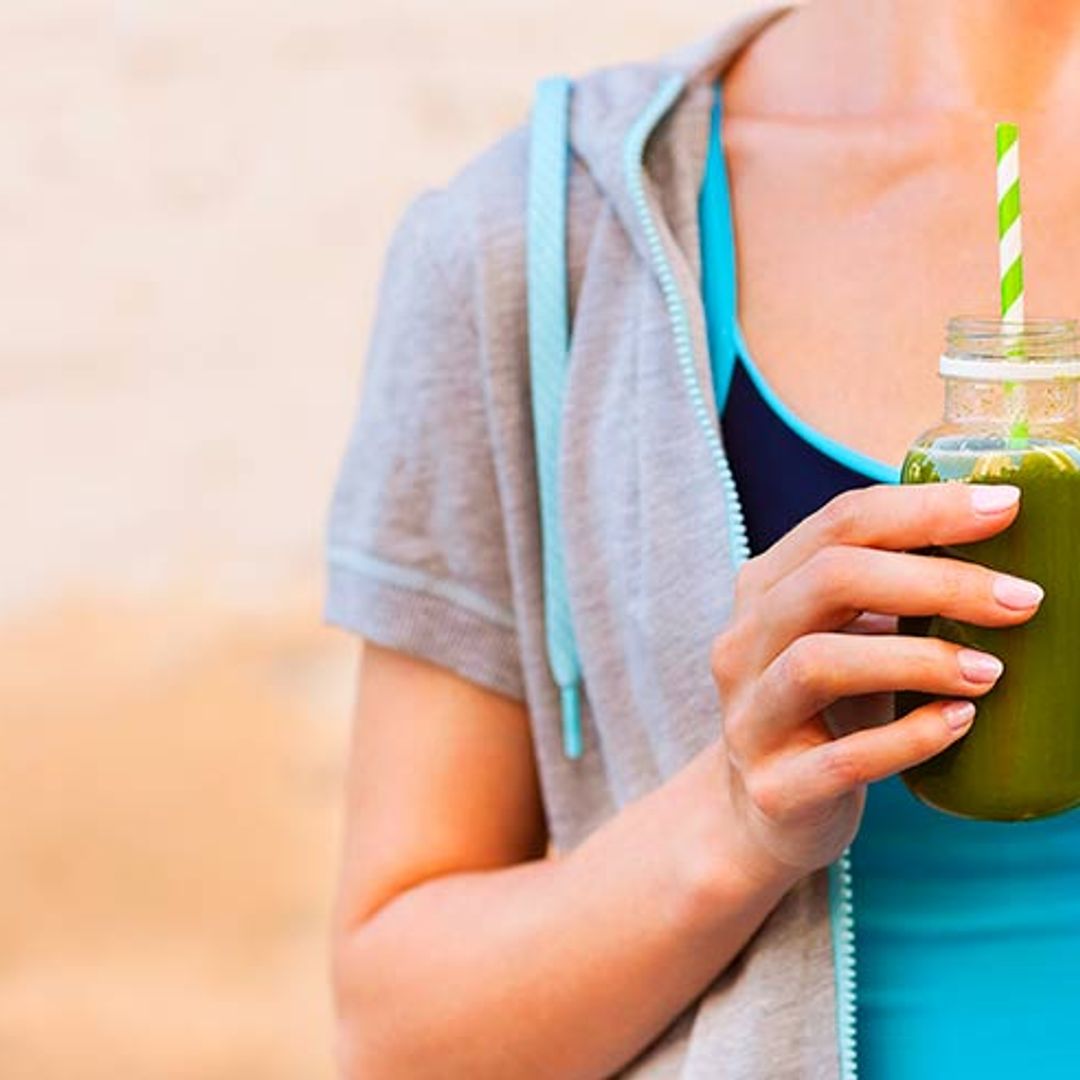Deciding to become a mother is an exciting prospect for many women. However, whilst some will successfully fall pregnant without any difficulties, for others, the experience can be very stressful – especially if problems are encountered along the way. There are several reasons why a woman may find it difficult to conceive. For some women, it can be due to medical reasons - such as ovulation disorders, polycystic ovary syndrome (PCOS), or low ovarian reserve. Others may encounter problems due to certain lifestyle factors. In these instances, some simple routine changes can help. This could include making dietary alterations, monitoring exercise, and/or reviewing sleeping habits.
To provide some insight on this topic, here fertility specialist Dr. Walker, of Institut Marquès offers her recommendations for how women can boost their fertility and improve their chances of conceiving.
DON'T DRINK OR SMOKE
Simple changes like cutting out alcohol can make a real difference when trying to conceive. Although the occasional glass of wine is unlikely to harm your fertility, I would recommend that women avoid consuming large amounts, and stick to the recommended Government guidelines. This is not only beneficial in relation to your fertility, but for your general health too. Smoking is also not recommended! At Institut Marquès we recommend patients stop smoking before undergoing a process of assisted reproduction. If your partner is a smoker, it's also worth bearing in mind that smoking can negatively affect a man's fertility as it can affect his sperm production and quality."
DON'T OVER-EXERCISE
While regular exercise is always great for physical and mental wellbeing, try not to overdo it; it could be harmful if you are not used to pushing yourself. Anyway, the key is … pay attention to your body!
EAT WELL
The benefits of a healthy diet should not be underestimated when it comes to fertility. A diet filled with the right nutrients and minerals will boost your reproductive system as well as regulating your hormones. The food we eat affects the blood, the cells and our hormonal system and therefore it’s also important to pay attention to our diet. Make sure your diet includes all the key food groups, but try not to eat too much processed sugar, carbonated drinks and foods that contain a lot of artificial ingredients. For your health in general, your diet should contain enough protein, iron, zinc, vitamin C, and vitamin D.
HAVE REGULAR SEX
It may seem obvious, but the frequency a couple is having sex can make a real difference. Sexual activity is beneficial for natural conception, but if practised with frequency can also help for assisted reproduction. For the male partner, regular ejaculation can improve semen quality. It is a good stimulus for sperm formation in the testes or 'spermatogenesis'. However, I don't recommend that couples put pressure on themselves so that sex becomes a chore.
MANAGE STRESS
Studies suggest that there may be a link between stress and infertility. Stress can dysregulate your body's hormone production, making your menstrual cycle less reliable. It can also contribute to a loss of libido, which in turn can reduce the amount of sexual intercourse a couple has - lowering their chances of conceiving. Sometimes the more anxious you are about conceiving, the less likely it is going to happen, so try not to put too much pressure on yourself. Try to manage stress through relaxation techniques such as meditation or yoga… or having a holiday!
KNOW YOUR CYCLE
By tracking your menstrual cycle, you can calculate when your 'fertile window' is likely to be. These are the days leading up to and just after ovulation, as this is the time you are more likely to get pregnant – as the sperm will be physically near the egg as it is being released. If your menstrual cycle usually lasts 28 days then it is likely you’ll ovulate on day 14 – halfway through your cycle. Therefore, your fertile window would be between days 10 and 14 or 15.
AVOID CERTAIN LUBRICANTS
Some sexual lubricants affect the mobility of sperm and make it harder for them to fertilise an egg. Try to avoid products with spermicidal agents and look for a lubricant specifically formulated for couples trying to conceive.
MAINTAIN A HEALTHY WEIGHT
When it comes to falling pregnant, being excessively overweight or underweight may slow things down. Excess body fat can lead to an overproduction of certain hormones that disrupt ovulation. Your cycles may also be less regular, meaning you ovulate less often and thus lowering chances of conception. Being underweight can also affect your menstrual cycle, sometimes stopping it altogether. Maintaining a healthy weight for your height is the ideal situation.











